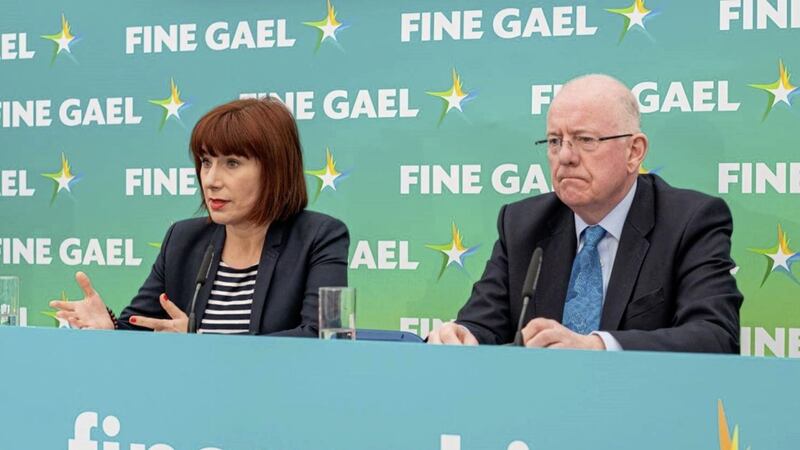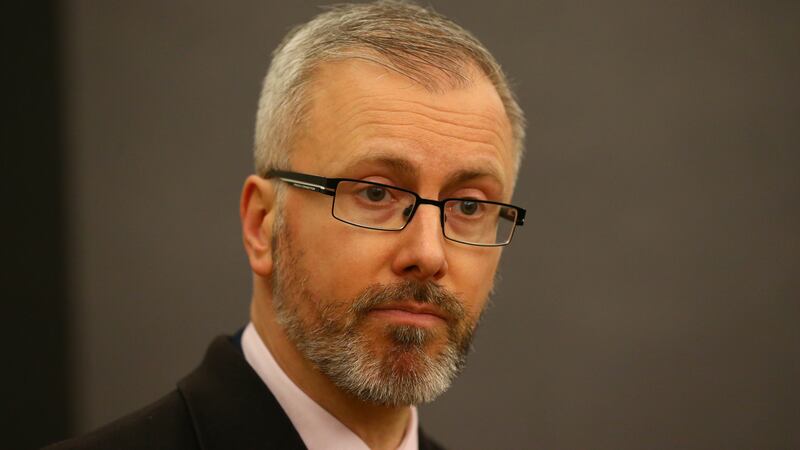Campaigners have joined forces to advocate for Ireland's divorce laws to be changed in the upcoming referendum.
Six of the country's leading non-governmental organisations (NGOs) are calling for a Yes vote on May 24 .
They include the Free Legal Advice Centres (FLAC), the Irish Council for Civil Liberties (ICCL), One Family, the National Women's Council of Ireland (NWCI), Lawyers for Yes and the Children's Rights Alliance.
Couples currently have to prove to a court that they have been separated for a long period – four of the previous five years –before they can secure a divorce.
Voters are being asked to amend the state's constitution to hand politicians the power to set the length of the "pause period".
If handed the responsibility, the Fine Gael-led government wants to halve the period from four years to two.
The NGOs claim the government's proposal will deliver a better divorce system for the people who need it.
Couples can currently secure a judicial separation in a shorter timeframe, but they must then proceed to a second legal stage to obtain a formal court-approved divorce.
Those advocating a No vote have warned against the prospect of "quickie divorces", expressing concern about giving politicians a free hand to potentially reduce the waiting time even further in the future.
Karen Kiernan, chief executive of One Family, said a more humane and compassionate divorce system was needed.
"We know from supporting thousands of separating parents and families that we need a more humane and compassionate divorce system in Ireland and this referendum is a step towards achieving that," she said.
Jennifer McCarthy Flynn, Head of Policy of NWCI, said: "Nobody marries imagining they are going to need to go through a divorce process. However, circumstances change and some couples will decide that divorce is the best way forward for them and their family.
"We should be supporting them in order to decrease the stress and conflict involved, not making it unnecessarily difficult."
ICCL executive director Liam Herrick said the constitution was not the right place to deal with complex details relating to family life.
"We believe that it is more appropriate to remove the wait time for divorce from the constitution altogether and allow government to legislate in this area," he said.
Keith Walsh, Lawyers for Yes Campaign, said a complete reform of the country's divorce and family law system was needed to bring it into the 21st century.
"We still need to see the Family Law legislation published; new specialist child and family court system as well as a new Children's and Family Law Courthouse in Hammond Lane built; and appropriate resources for courts to deal with the current volume of work," he said.
Flac chief executive Eilis Barry said: "The current four-year wait period is an extra unnecessary barrier to accessing a legal remedy for these families.
"This referendum is a chance to improve the process for those in an already difficult situation."
Tanya Ward, chief executive of the Children's Rights Alliance, said children were paying the price of the protracted system.
"Conflict is very damaging to children and Ireland's two-stage process exposes them to unnecessary hostility," she said.
"When parents are at war with each other, the children are caught in the middle. Reducing the waiting period will bring certainty and resolution for families. This is what children need."








